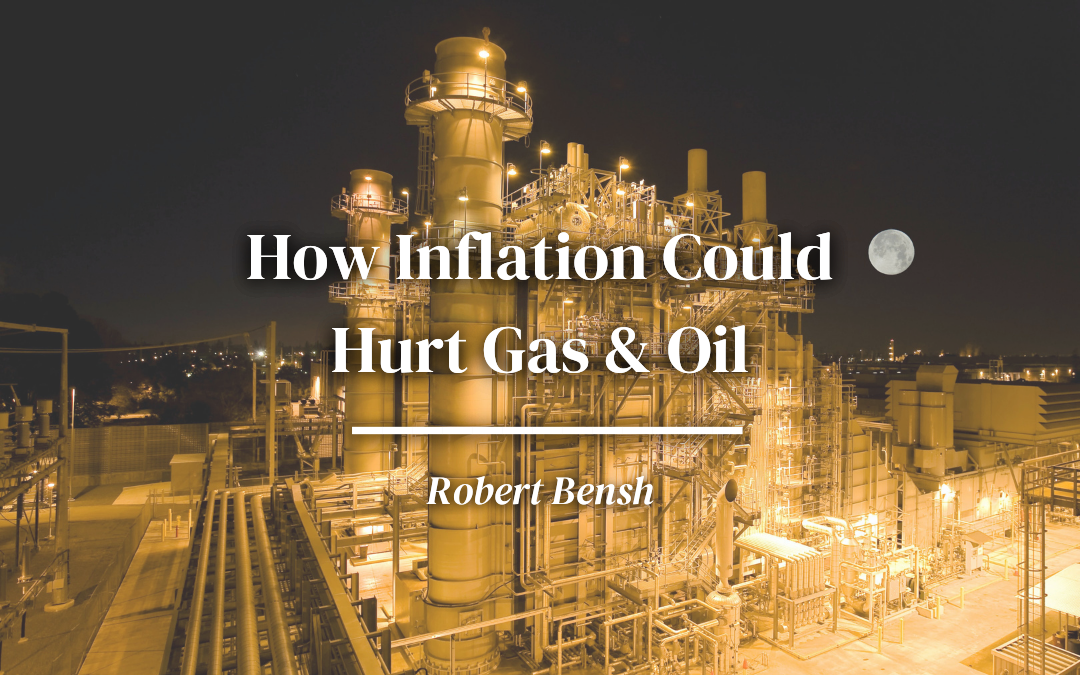With gas and oil prices climbing higher and higher, people are wondering what else could cause these prices to skyrocket and when they might stop. Unfortunately, inflation can also have a big impact on the price of gas and oil, both in the short and the long term. Here are some ways inflation could hurt the gas and oil industries in the near future.
The Short Term
Inflation in the short term generally drives up the cost of most goods. Gas and oil are no exception. Depending on the cause of inflation, it could either be due to a shift in exchange rates or the value of the USD due to external influence or due to an increased abundance of currency being injected into the market (basically, the government printing more money). There is also the fact that the increase in the PPI (Producer Price Index) generally is higher than the CPI (Consumer Price Index) when it comes to gas and oil. This basically means that any price increase is usually much higher at the wholesale level than at the consumer level. This essentially could lead to gas shortages or an increase on the consumer level due to a lack of availability more so than due to inflation if certain companies cut back on the acquisition and purchasing of gas and oil in order to maintain a profit.
The Long Term
Figuring out the long term isn’t as clear-cut since a lot of it depends on how the government decides to deal with rising costs due to a drop in the value of currency from inflation. One step they could take is to increase interest rates to slow economic growth and control inflation. This could potentially lead to a drop in gas and oil prices over time. Another tactic that has slowly been implemented over the years is to introduce alternative forms of energy and options to reduce the dependency on oil. This has historically been proven to reduce the inflation rate in the past, and continued distancing from our reliance on oil will likely help curb those effects even further.
